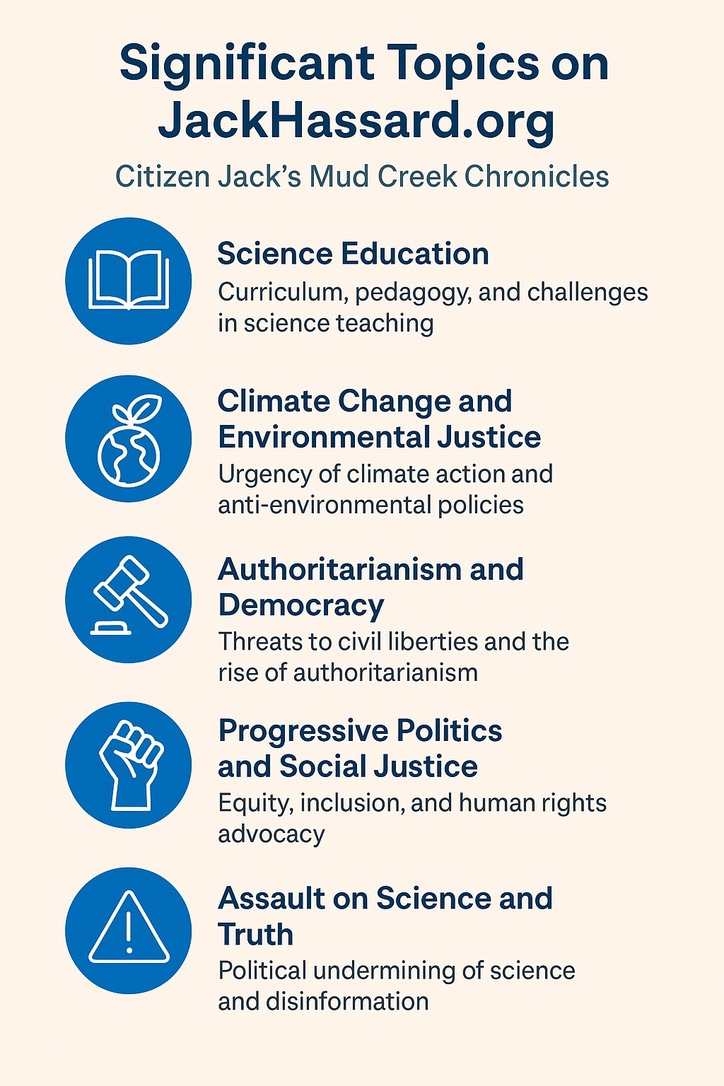The guest post by Dr. Charles Ault, an Emeritus Professor of science education, challenges the current scientific educational approach. He critiques the traditional “unity” view that suggests science processes are universally applicable across all scientific disciplines. Dr. Ault advocates for recognizing the diversity and uniqueness of methods within each scientific discipline. He demonstrates this using examples of how geology and physics operate uniquely. He also introduces his concept of “scientific diversity,” which emphasizes that the interpretation and implementation of core scientific ideas should be adaptable to the specific discipline they are applied to. Furthermore, he suggests rethinking the traditional scientific method and adapting it to the disciplinary contexts.
Standards
From the Archives: Are the Common Core Standards & High-Stakes Tests the Antithesis of Progressive Values?
From the Archives Teachers in Georgia are confronting state officials, including the Governor and State Superintendent of Education about testing. Teachers say that testing is too overwhelming for students. In my own view,...
Authoritarian Spray: How the Spray of Standardization is Damaging Public Schools
Cornerstone Landing Page A picture is worth a thousand words. Please accept apologies because my title is nearly a picture. I just couldn't pinch the title to a few words. That said... The authoritarian spray of standardization has spread harm and inflicted damage to...
Will the Atlanta Schools Be Run by an Authoritarian Regime?
The Atlanta Public Schools (APS) hired a new superintendent, Dr. Meria Carstarphen, who formerly was superintendent of the Austin Independent School District (AISD). Dr. Carstarphen is bringing five administrators who worked for her in Austin. These people will form...
Are Georgia School Superintendent Candidates Willing to Oppose the Common Core & High-Stakes Tests?
Dear Candidates for Georgia School Superintendent, Today, I want to challenge you to not only oppose Georgia's adoption of the Common Core State Standards (CCSS), but also the use of high-stakes tests such as the CRCT. In this post, I'll offer some facts you can use...
Extreme Earth: Coming to An Environment Near You
The Earth's climate has changed rapidly over the past fifty years, but when people talk about climate change, they frame it as a future threat. David Popeik, in Scientific American guest blog, says that "climate report nails risk communication." He suggests that the...













